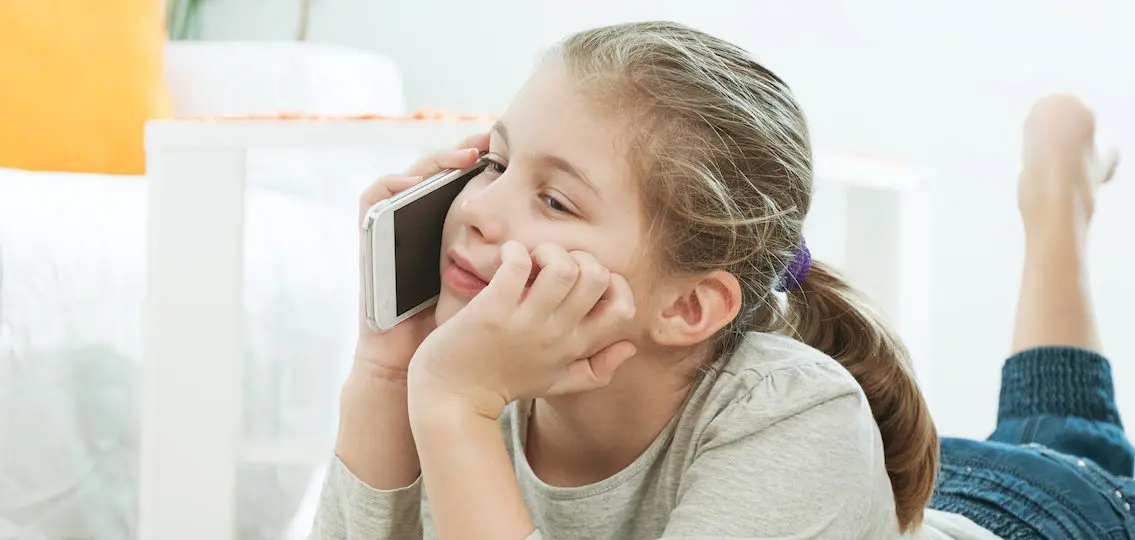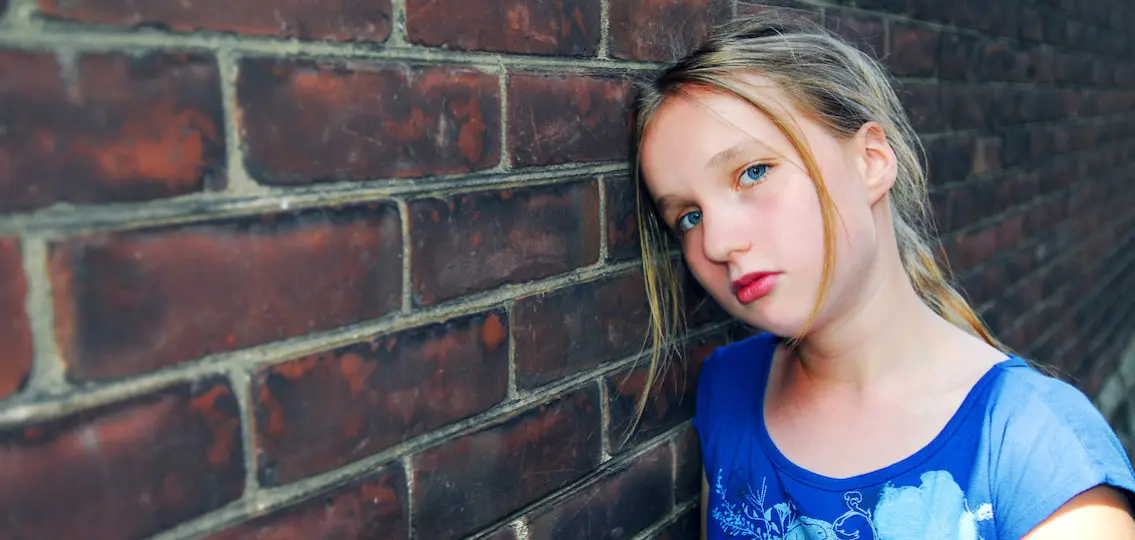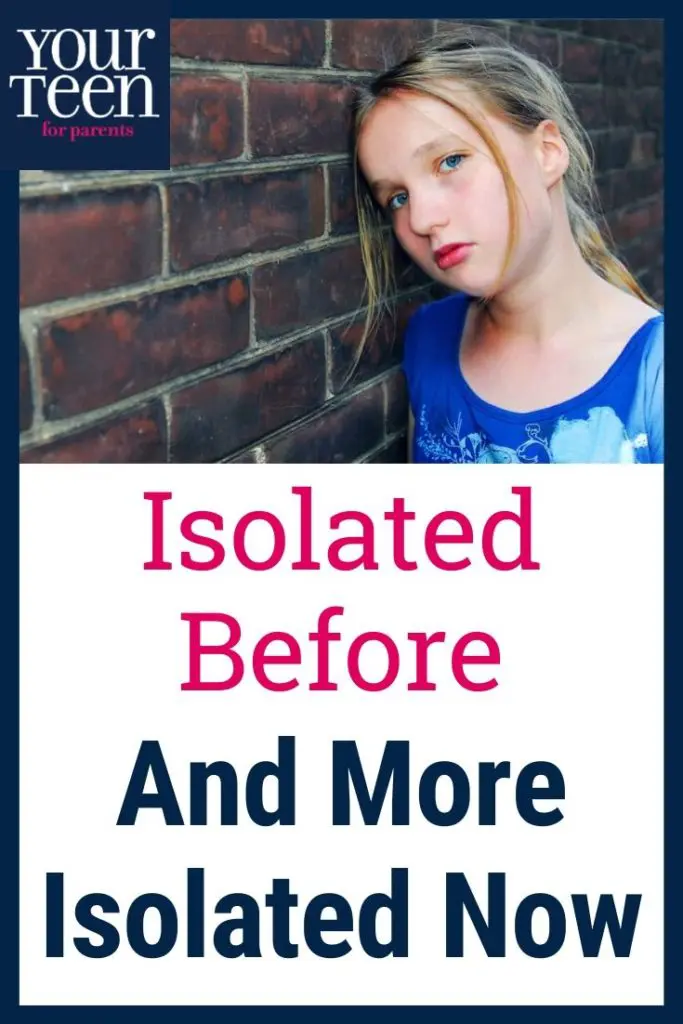Katie Hurley LCSW, is the author of No More Mean Girls and The Depression Handbook. She spoke with Your Teen about how parents can support their teen girls who are feeling bored, isolated, and lonely during this very hard time.
| [adrotate banner=”169″] |
Q: For girls who felt socially isolated before the pandemic, how are they feeling about this at-home experience?
Hurley: Actually, for some there’s a little bit of a sense of relief that they’re home with their families and they literally can’t be out with their friends. You know, they can’t be left out because everybody’s left out.
Q: What would you say to those parents whose kids have been socially isolated prior to this time? Is there room for those kids to make a friend at this moment?
Hurley: Well, what I say to parents all the time is it only takes one. And that sounds way too simplified and it sounds like it would never work, but they really just need one connection. So if you have a girl right now who just for whatever reason wasn’t making connections at school and really doesn’t feel like they have that friend, you have to kind of think outside the box, too. Do they have a slightly older cousin who they can FaceTime with a little bit right now just to have that out of a family connection where they can talk about middle school teenager things—their families and how annoying mom is because she’s making me clean the room all the time?
Sometimes those kids need a little push. Sometimes they do have the one person, but they’re afraid to try because maybe they’ve been burned by girls all year. I have a middle school client I’ve been working with all year who finally established that connection just before all this happened. She said, “She may not want to be on Zoom with me all day.” And I said, “Maybe not. But you’re not going to know unless you invite her to hang out. So why don’t you just give it a shot?” So she did. She tried. And then she said, “Oh, my gosh, we talked for two hours. It was so fun. And I don’t even know what we talked about.”
Q: Is it appropriate for moms to step in and help those kids who seem socially isolated to try to make a match for them somewhere else?
Hurley: It is. One thing parents of teens hear all the time is you have to sit back and let them do everything alone. And to some degree, that’s good advice. But when you have a kid who’s profoundly lonely or just really struggling with making friends, if you have an opportunity to help them, why wouldn’t you? You know, isn’t that what we do as humans? We help each other out.
Q: For those kids feeling more isolated now, especially those kids with less social connections, is there a reason to say “Don’t go on social media”?
Hurley: When high schoolers have had it, they’ve had it. They’ll go dark on Instagram for a week or a couple days when they’ve hit their limit. Middle-schoolers really don’t have that regulation at all yet. They’re totally a mess under the hood.
Right now, they’re just growing and changing at a rapid pace. We have to be able to set those boundaries and say, “You know what? I know this is hard, but it looks like this is making you more and more upset and making you feel more and more lonely. Let’s shut it down. Let’s come up with three things we can do instead. I’m with you. I know. I’m not your first pick. I get it. I’m the sub. But I’m willing to sub in right now. What do you want to do? That’ll be fun that we can do together. They can take our minds off it.”
I think parents need to talk about how hard this is. Even I’ve had it with Facebook this week and I feel like I’ve reached my limit. I need to take a break from Facebook. I need a break from the news.
Q: Does it help for a parent to say that adults also feel left out and get hurt?
Hurley: Here’s what I always say to parents: Don’t hijack their feed. Don’t say “Oh, let me tell you about the three times that I wasn’t invited and how painful it was.” But empathize. Say, “You know what? I do know how hard that is. I’ve been in a similar position and I know what it’s like to be the one left out. And I wish I could fix it for you. I wish I knew what to do to help. All I can do is say, I’m really sorry.” Those are powerful words for middle-schoolers. They want to be seen. They want to be heard. They want to be understood. Meet them where they are. That’s the best that we can do. Empathy and compassion go a long way.

Watch the complete interview with Katie Hurley for more great advice and tips.





